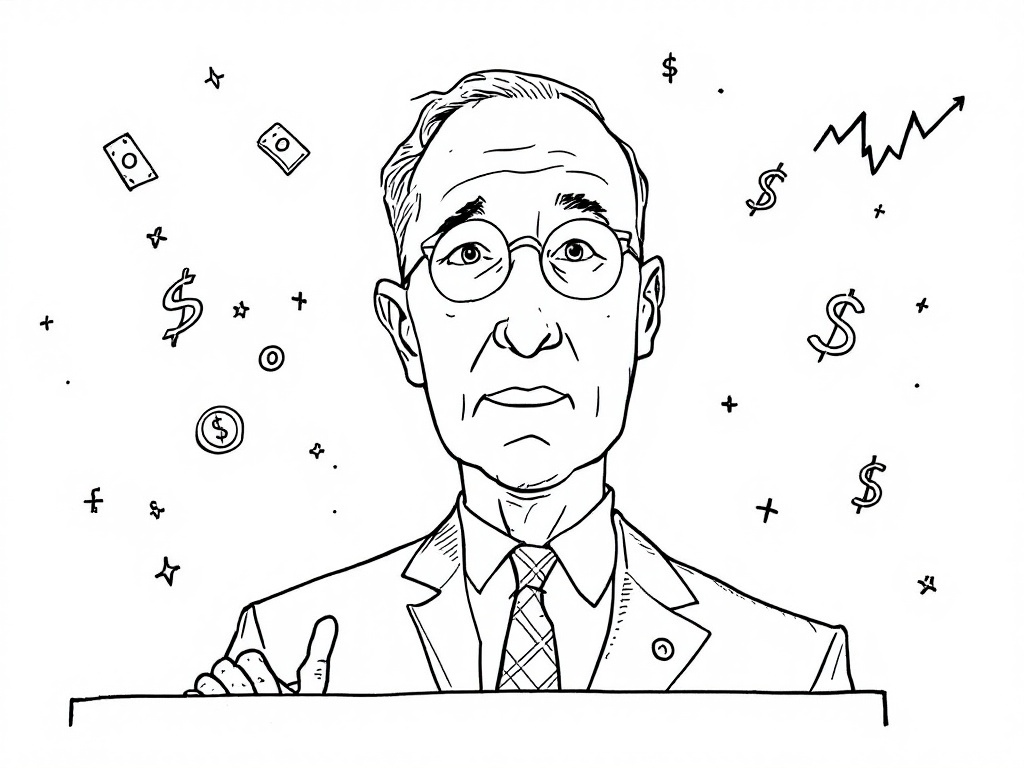Commerce Secretary Confirms Trade Deal, Awaits Foreign Approval

Washington D.C., Tuesday, 29 April 2025.
U.S. Commerce Secretary Howard Lutnick announced a preliminary trade deal needing approval from a foreign government, sparking optimism in the market.
Market Optimism and Foreign Approval
The announcement by U.S. Commerce Secretary Howard Lutnick regarding a preliminary trade deal has stirred positive reactions in the stock market. Although the specific foreign country involved was not disclosed, Lutnick’s assurances of pending approvals from their leadership indicate confidence in the deal’s progression. The market responded favorably, with stocks reaching session highs shortly after Lutnick’s comments [1].
Focus on Broader Trade Relations
While the deal awaits finalization, Lutnick made it clear that his portfolio includes trade negotiations beyond China, which are the responsibility of Treasury Secretary Scott Bessent. This strategic focus reflects the administration’s broader trade policy goals, which include re-negotiating tariffs instituted under prior terms [1][2].
Trump Administration’s Tariff Strategy
This announcement comes amid a backdrop of significant trade policy adjustments by the Trump administration. On April 29, 2025, President Trump signed an executive order modifying tariffs on auto imports, signaling a strategic shift in tariff management aimed at balancing domestic auto production priorities with international trade relations [3]. The administration’s increased tariffs have been a point of contention, sparking negotiations with multiple countries to reach amicable trade terms [1][4].
Potential Implications and Future Steps
Lutnick’s disclosure highlights the administration’s ongoing efforts to mend and forge critical economic partnerships. Countries like Japan, South Korea, and India are viewed as potential candidates for future trade agreements, as ongoing tariff tensions underscore the need for revised international trade strategies [1]. The administration’s push for heightened economic cooperation could lead to a series of new agreements, provided approval processes conclude successfully [5].